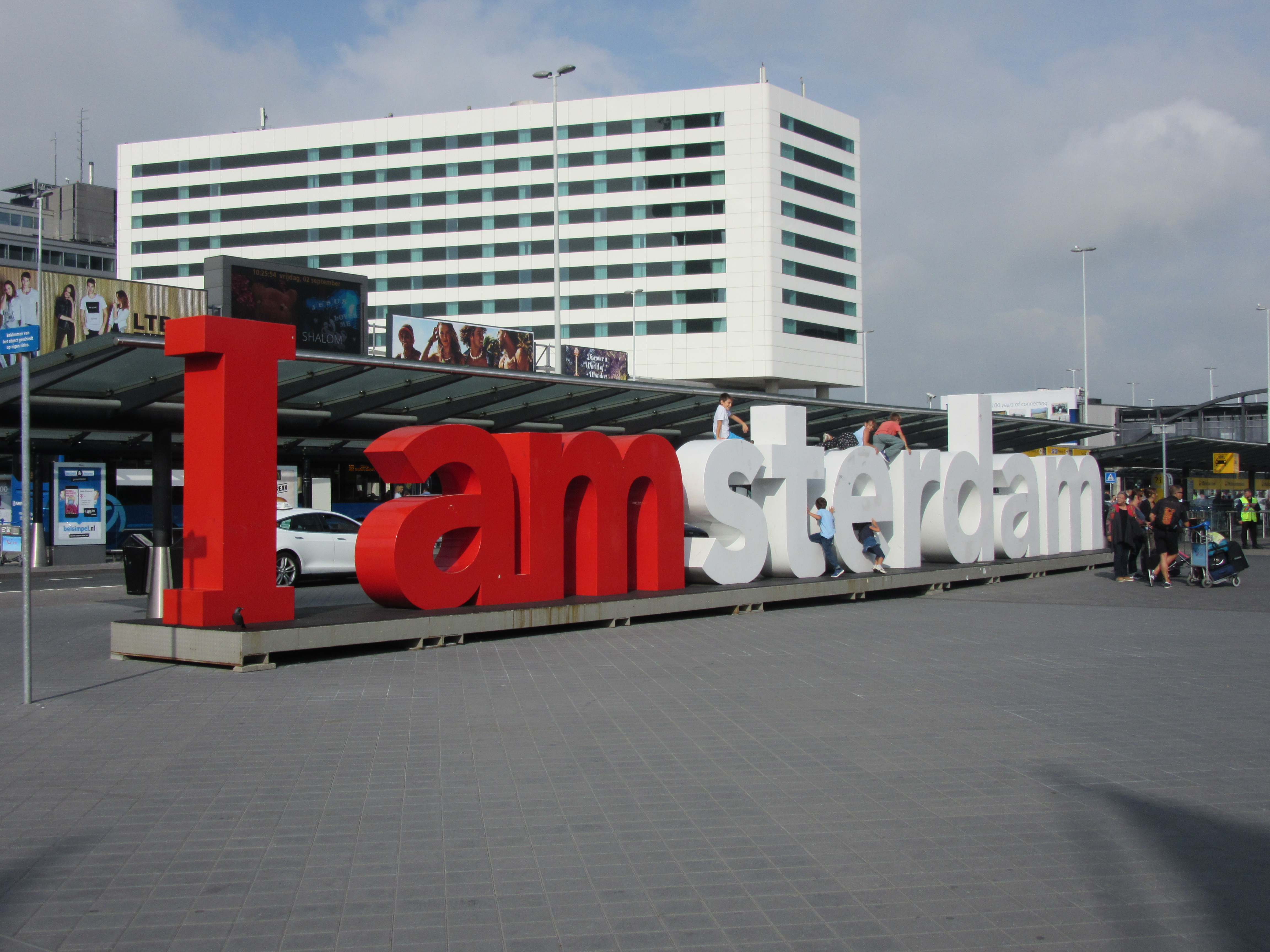Before my recent trip to Holland, a friend told me about a smartphone app his son used to stay in contact with others while in Switzerland – for free. I didn’t think much of it at the time, assuming I could just use the standard coverage on my phone that wouldn’t cost much beyond what I already paid. I was wrong.
Cell coverage was not an issue while traveling in Holland. I have AT&T as my service provider in the U.S., but when I exited the plane in Holland and booted up my personal phone, I noticed that the provider switched to Vodafone. That wasn’t a big deal, but the message I received after the phone finished connecting to the network was a big deal.
The text I received from the provider warned me that if I make a call, it will cost $2.05/MB for data, $2.00 per minute per call, $0.50 per message sent and $1.30 per photo or video message sent. That could get pricey if I wanted to stay in contact with others back home.
Setting up an international plan with the service provider before going on the trip can reduce those costs substantially. I signed up for that service with AT&T on my business phone to stay connected with the States. At the time of my trip, it cost $30 for the month on top of my usual bill. The international add-on provided me with unlimited texts, 200MB of data, and $1.00 per minute for calls.
If you plan to use your phone for minor personal use while on an international trip, it might be less costly to go with your regular service and pay the higher per-use fees. If you enjoy texting frequently, the international plan might save a few dollars while abroad. Whatever you do, don’t activate roaming data on your phone while on your trip unless you’re prepared to pay a hefty premium for the privilege.
Activating the data roaming feature on your phone could generate per megabyte data rates as high as $2.05. Data use costs can add up rapidly while roaming, especially if you activate more data-intensive apps or forget about apps operating in the background of your phone. To avoid these substantial charges, consider using Wi-Fi hotspots while traveling abroad.
There are many free Wi-Fi locations around Holland that you can use to tap into the Internet to check email, social media and other sites. Just make sure to ask the shop keeper, inn keeper or other reputable locations for the exact name of the Wi-Fi connection and only access the connection that precisely matches the spelling of that network name. Never access random free Internet connections or tap into a connection that looks similar to the name of a business. If you ignore this precaution and connect to a network without taking the time to verify its authenticity, you might inadvertently access a Wi-Fi spoof connection that gives a criminal access to every piece of data you transmit or receive across that network.
Don’t let your haste to find an Internet connection ruin your fun trip. Always verify an Internet connection before accessing any sensitive data on that network.
Once you’ve found a reliable, non-threatening Wi-Fi connection, you can access an app called WhatsApp. It’s a popular app used by many people in Holland for free talk, texts, and file sharing. I saw a number of organizations advertising its use in Holland including churches, neighborhood watches, and shops. Before you leave the U.S., tell those you’d like to communicate with to download the app and become familiar with its use. It’ll help you stay in touch with friends and family, and share the photos of your adventure as you’re out and about without breaking the bank to do it.
To learn more about WhatsApp, go to the company’s website at: https://www.whatsapp.com/
